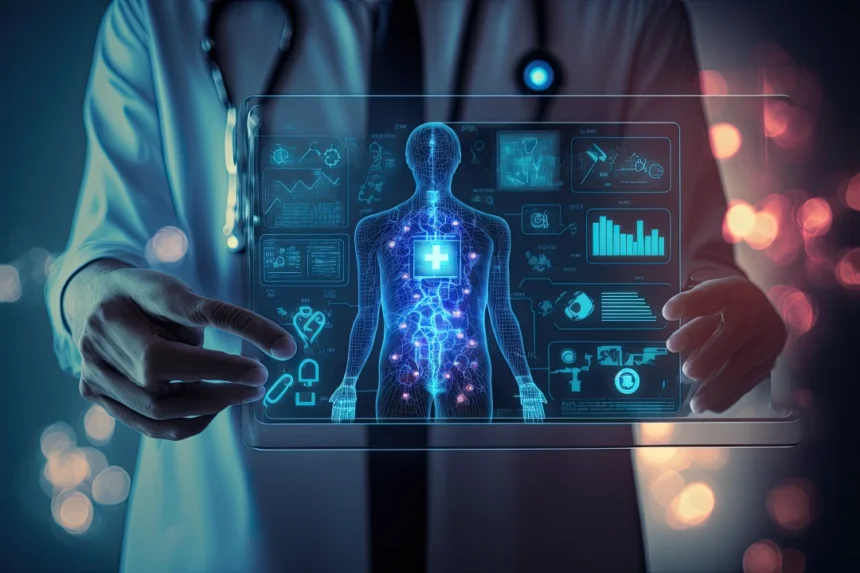Introduction to Biol1s01 and its Purpose
Biol1s01 is making waves in the world of biotechnology, ushering in an era filled with promise and innovation. This groundbreaking initiative aims to revolutionize how we understand and utilize biological processes for various applications. From medicine to agriculture, the impact of Biol1s01 stretches far beyond traditional boundaries. As we explore its advancements, you’ll discover the significance it holds for our health, food systems, and even environmental sustainability. Join us on this journey through the fascinating landscape of biotechnology shaped by Biol1s01!
The Evolution of Biotechnology
Biotechnology has a rich history that traces back thousands of years. Early humans harnessed biological processes, using fermentation for bread and alcohol production. This foundational knowledge laid the groundwork for future innovations.
As science progressed, so did our understanding of living organisms. The discovery of DNA’s structure in the 1950s marked a significant turning point. It opened doors to genetic engineering and manipulation.
The advent of recombinant DNA technology in the 1970s propelled biotechnology into new realms. Scientists began creating genetically modified organisms, leading to breakthroughs in medicine and agriculture.
Today, we are witnessing an explosion of biotechnological advancements. From CRISPR gene editing to synthetic biology, possibilities seem endless. Each step forward builds on previous discoveries, pushing boundaries further than ever imagined.
Applications of Biol1s01 in Medicine
Biotechnology has transformed medicine in remarkable ways. It offers innovative solutions for diagnosing and treating diseases. From gene therapy to CRISPR technology, the possibilities are expanding rapidly.
One of the most impactful applications is personalized medicine. By analyzing a patient’s genetic makeup, doctors can tailor treatments specifically for them. This approach enhances effectiveness while minimizing side effects.
Vaccines have also seen a significant upgrade through biotechnology. mRNA vaccines, like those developed for COVID-19, showcase how biotechnology can expedite vaccine development and improve immunity.
Moreover, biopharmaceuticals made from living cells are revolutionizing drug production. These biologics often provide more effective therapies compared to traditional medications.
Tissue engineering is yet another exciting area within medical biotechnology. Scientists are developing artificial organs that could one day eliminate transplant waiting lists altogether. Each advancement contributes to better health outcomes and enhanced quality of life.
Key Breakthroughs in Biotechnology
Biol1s01 has seen remarkable breakthroughs that have reshaped various sectors. One standout achievement is CRISPR-Cas9, a revolutionary gene-editing tool. This technology enables precise modifications in DNA, paving the way for targeted therapies and genetically modified organisms.
Another significant development is the advent of synthetic biology. Scientists can now design and construct new biological parts or systems from scratch, opening doors to innovative solutions in medicine and environmental management.
The production of monoclonal antibodies has transformed disease treatment. These lab-engineered proteins can specifically target diseases like cancer, enhancing treatment efficacy while minimizing side effects.
Additionally, advances in biomanufacturing techniques allow for the sustainable production of biofuels and other natural products from renewable resources. Each breakthrough not only enhances scientific understanding but also propels us toward a more efficient future across multiple industries.
Impact on Healthcare and Medicine
Biotechnology is transforming healthcare and medicine in profound ways. It enhances disease diagnosis and treatment, making processes more efficient.
One of the most significant impacts is personalized medicine. Tailoring treatments based on an individual’s genetic makeup allows for targeted therapies that yield better outcomes.
Gene editing technologies, like CRISPR, enable precise modifications at the DNA level. This innovation holds promise for curing genetic disorders previously deemed untreatable.
Additionally, biopharmaceuticals are paving new pathways for drug development. Biotech-derived drugs can provide safer and more effective options compared to traditional pharmaceuticals.
The integration of biotechnology into medical research accelerates discoveries. Researchers can explore complex biological systems to understand diseases deeply.
Telemedicine also benefits from biotech advancements, enabling remote monitoring through wearable devices that collect real-time health data. This approach promotes proactive patient care while enhancing accessibility across diverse populations.
Impact on Agriculture and Food Production
Biol1s01 is reshaping the landscape of agriculture and food production. Through genetic modifications, crops are becoming more resilient to pests and diseases. This leads to higher yields and reduced reliance on harmful pesticides.
Moreover, biotechnology aids in developing drought-resistant varieties. Farmers can cultivate these crops even in challenging climates, ensuring food security for communities worldwide.
The ability to enhance nutritional content also stands out. Biofortified foods provide essential vitamins and minerals that help combat malnutrition.
Additionally, precision farming techniques fueled by biotechnological advances improve resource management. Farmers use data-driven insights to optimize irrigation and fertilizer application.
These innovations not only boost productivity but also support sustainable practices within the industry. By reducing waste and enhancing efficiency, Biol1s01 paves the way toward a more sustainable agricultural future.
Sustainability and Environmental Benefits
Biotechnology plays a pivotal role in promoting sustainability. By harnessing biological processes, it helps reduce waste and minimize resource consumption.
Through innovations like bioremediation, harmful pollutants can be broken down naturally. This restores ecosystems without the need for harsh chemicals.
Additionally, biofuels derived from organic materials are becoming more viable. They provide a renewable energy source that lessens our reliance on fossil fuels.
Genetically modified organisms (GMOs) also contribute to environmental benefits. Crops engineered for resilience require fewer pesticides and fertilizers, leading to healthier soil and reduced runoff into waterways.
The shift towards sustainable practices is bolstered by biotechnology’s ability to improve efficiency in various sectors. As we embrace these advances, the potential for a greener future becomes increasingly attainable.
Ethical Considerations in Biotechnology
Biotechnology holds immense potential for improving lives. However, it also raises significant ethical questions that we cannot ignore.
One major concern involves genetic modification. Altering the DNA of organisms can lead to unforeseen consequences in ecosystems and human health. The long-term effects of such changes remain largely unknown.
Another area of ethical scrutiny is access and equity. Who will benefit from these advancements? Ensuring that innovations reach all segments of society is vital to prevent a widening gap between the privileged and underprivileged
Animal welfare is also a pressing issue in biotechnology research. Utilizing animals for testing new drugs or procedures must be done responsibly, prioritizing humane treatment at every step.
Consent plays a crucial role in biotechnological applications involving humans. Transparent practices are necessary when dealing with genetic information to respect individual rights and privacy concerns.
Future Possibilities and Innovations
The future of biotechnology holds immense promise. Innovations are emerging at a rapid pace, reshaping various fields. Genetic engineering, particularly CRISPR technology, is paving the way for precise alterations in DNA. This can lead to breakthroughs in treating genetic disorders.
Synthetic biology is another exciting frontier. It allows scientists to design and construct new biological parts and systems. Imagine engineered microorganisms producing sustainable biofuels or pharmaceuticals on demand.
Artificial intelligence plays a critical role as well. By analyzing vast datasets, AI can identify patterns that human researchers might miss. This could accelerate drug discovery processes significantly.
Moreover, personalized medicine tailored to individual genetics is becoming more feasible each day. Treatment plans based on unique genetic profiles could revolutionize patient care.
As these innovations unfold, collaboration across disciplines will be crucial in addressing complex challenges ahead. The landscape of biotechnology seems limitless with every advancement bringing us closer to a healthier planet and population.
biol1s01 unt
Biol1s01 unt stands at the forefront of scientific exploration. It serves as a bridge between complex theories and practical applications in biotechnology.
Students dive into various topics, from genetic engineering to microbial technology. The course emphasizes hands-on learning, fostering curiosity and innovation.
With an interdisciplinary approach, Biol1s01 unt encourages collaboration among diverse fields. This synergy cultivates new ideas that push the boundaries of what’s possible in biotechnology.
As students engage with real-world challenges, they develop essential skills for future careers. They learn not only the science but also its implications for society and ethics.
This program is more than just lectures; it’s about shaping informed leaders ready to tackle tomorrow’s problems. Through research projects and discussions, participants cultivate a deeper understanding of how biotechnological advances can transform lives globally.
Conclusion
Biol1s01 represents a significant step forward in the field of biotechnology. It encapsulates years of research and innovation, driving us toward new frontiers in both health and agriculture. The evolution we have witnessed showcases how powerful biotechnological applications can enhance our understanding of genetics, aid in disease treatment, and improve food security.
As we’ve explored its numerous benefits—from advances in personalized medicine to sustainable farming techniques—it’s clear that Biol1s01 is not just another academic milestone; it’s a catalyst for change. The ethical dilemmas associated with these advancements also remind us that with great power comes great responsibility.
Looking ahead, the future possibilities stemming from Biol1s01 are vast. Innovations will continue to emerge, potentially transforming industries and enhancing quality of life globally. As we navigate this exciting landscape, it’s important to remain informed and engaged as biotechnology evolves at an unprecedented pace.
The journey has only just begun; stay tuned for what lies ahead in the world shaped by Biol1s01.








